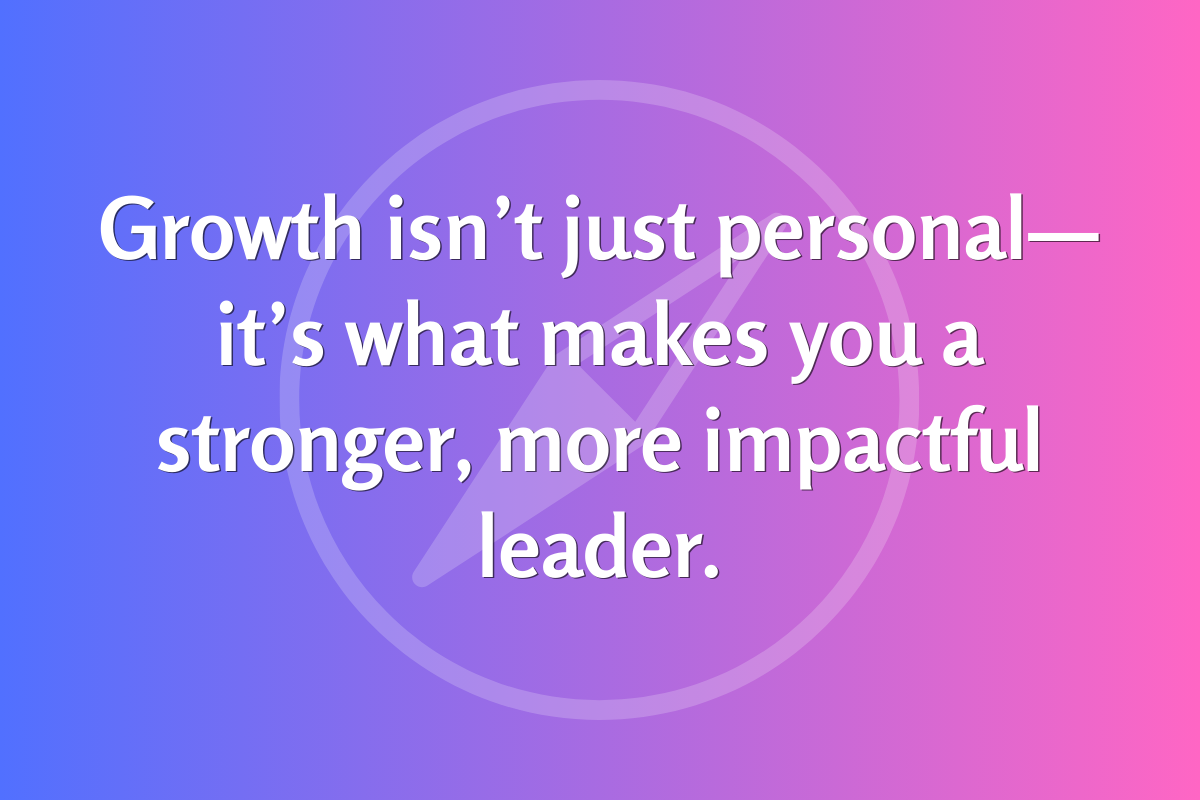4 Questions to Help You Let Go of What’s Holding You Back

PEP — A Personal Evolution Practice to get the clarity you need to eliminate distractions and spend more time doing what you love.
When you prioritize what’s most important to you, instead of what you need to get done, you reduce frustration, increase joy, and experience more freedom.
If you are a creative, an entrepreneur, or a business owner, you wear many hats and do a variety of tasks in your work every day. If you’re pulled in too many directions but still need to show up in all parts of your business, the only way you can establish and keep boundaries is to make them known to others.
You will need to tell the people you work with and your customers when you are available. The same applies to keeping true to your personal commitments. I know, this goes entirely against the current Zeitgeist of immediate customer response and satisfaction.
Ask yourself,
“What do I need to let go of and stop doing to spend more time working on what’s most important to me?”
We all have too much to do, too many tasks, expectations, and distractions. If you want to live the life of your dreams, why not spend a little time figuring out what’s distracting you. What’s at least one thing you can let go of so that you can spend more time doing what you love or more time working on what you want to create — sooner than later!
In this Personal Evolution Practice (PEP), I will show you how to determine:
- What’s most important to you (e.g. a project, goal, or creative endeavour);
- Identify the work and personal projects you’re currently invested in;
- The 4 questions to ask of each project to determine its value and importance in your life, and;
- How to create a working boundary to protect what’s most important in your life.
Here’s how to get started…
I suggest you block off at least two hours in your calendar, at a time when you know you won’t be interrupted, and when you do your best planning and prioritizing. You will need this time to dig deep into fully answering the questions in this process.
PEP Step 1: Watch the video.
You will need 20 minutes to watch the instructional video. I provide the details you will need to get the most benefit from this process to discover the distractions that are holding you back from doing what you most love.
PEP Step 2: Complete the 4-part clarity process.
There’s no right or wrong with this process. I revisited my answers a couple of times over a few days before I was satisfied that I had written. I refined some of my answers with more details. You will know when you feel like you have fully answered the questions. If you feel like you still have some doubts, or you’re not sure how to answer a question, take a break and come back to the process later on with a clear mind.
How to get the clarity you need to eliminate distractions and spend more time doing what you love in 4 steps.
Note that I have kept the instructions purposefully simple, but don’t let that deceive you. After you have watched the video, you should have a sense of how much you can learn about yourself from this process, including what you value most and the emotions associated with what’s most important to you. I have provided some examples of how I answered the questions for myself as a guide, but please focus on what’s relevant to your situation.
Part 1 — Define: What is the work, project, or goal that you want to most accomplish?
Example: What do I need to let go of and stop doing to slow down enough to fully engage with creating the philosophy and writing my book, The Way of Queer Leadership?
Part 2 — Define: What are all the work projects or tasks that I am invested in?
Example: 1.) Th-Ink Queerly publication; 2.) Think Queerly Podcast; 3.) DarrenStehle.com website; 4.) MindMAP Mastery Coaching program; 5.) Research and development for The Way of Queer Leadership; 6.) Independent Sales associate for INspired Media
Part 3 — Refine: Answer the 4 questions, below, for each of your work projects:
- Why is this project important to me?
- What don’t I like about it?
- What would happen if I let that project go?
- What would happen if I had more time to focus on it (does that matter and do I even want that)?
Example: Answering the above questions for my work project, DarrenStehle.com website:
- This is my home base where people can learn about me, my courses, my coaching, etc.
- I don’t care for the theme and lack of images showing me as the brand. I would really like to have someone else manage it and help me understand how to make my website the place to convert leads into coaching clients.
- If I let it go, I’d be giving up coaching and my “need” to share my ideas.
- With more time to focus on it, I could address the issues in point 2, namely, I’d be able to create a site that I love that clearly shares my message, that communicates who I am, who is my ideal client, and helps the reader understand how I work and if we might be a fit for coaching. And ultimately, it would help me generate more clients!
Update: Because I determined what was and wasn’t necessary, I could invest time into upgrading my website. I installed a new theme that I love that focuses on the content and ideas instead of flash, and I rewrote and improved the copy on a number of pages. Some of my other answers are private so I am choosing not to share them, in particular, what I want to let go of and why.
Part 4 — Align: What sort of boundary will you establish to uphold what’s most important to you?
Example: After a few days' trial run with a new weekly schedule I made some refinements. Since I do all of my work from home, I have a lot of control over my work schedule. That has its pros and cons, but I will take the cons of working from home any day (and I digress)! I have established a workweek in which I work on writing my manuscript on Mondays and Fridays, with a writing block on Wednesday morning. I work with clients on Tuesday, Wednesday, and Thursday, and have a 2-hour block of time Tuesday and Thursday mornings to learn and study for new coaching certification. This boundary allows me to give my complete focus for two full days per week to writing my book, which is what’s most important to me and will potentially have the greatest impact on my business and life.





Member discussion